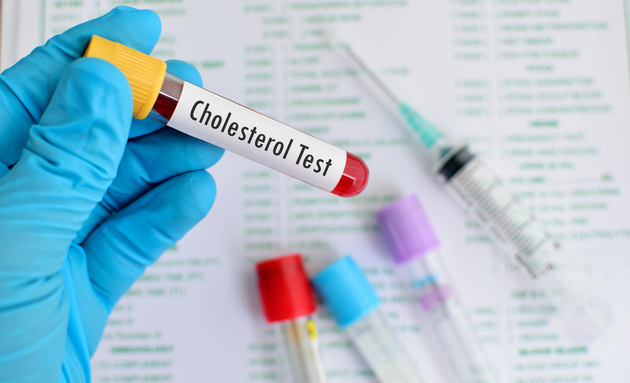Importance of Full Body Checkup and Health Checkup For Men

Do you tend to avoid health check-ups until your symptoms become serious? Do you feel routine check-ups are pointless? After all, your body is in perfect health. What could go wrong?
It is important to understand that many illnesses don’t present serious symptoms until they have significantly advanced, after which treatment and recovery become doubly difficult.
The value of regular check-ups is often understated. These checkups don’t just help identify trouble areas that would have otherwise gone unnoticed, but also help diagnose symptoms early on.
In the long run, such checkups can prevent serious problems that can cripple or damage the body. Here are a few reasons to start going in for an annual medical checkup.
-
It helps keep tabs on your vitals
Your vitals are important indicators of your body’s health. An annual health checkup provides your doctor the opportunity to check your vitals - your body temperature, pulse, and respiration rate. In addition to checking your vitals, your doctor can use this visit to understand your physical and mental health, and listen to your concerns, if any.
-
It helps catch critical illnesses early on
Multiple illnesses, such as hypertension, prostate cancer, and high cholesterol show very few symptoms. Further, if left unchecked, they can lead to serious complications, such as a stroke or a heart attack. These illnesses can only be diagnosed with the help of a checkup or test.
-
It helps get timely treatment
Needless to say, timely diagnosis leads to timely treatment. An annual checkup can thus add years to your life by helping you prevent serious ailments, take precautionary measures, and get the requisite treatment on time.
Key Tests to Include in Your Annual Check-up
Here are a few tests that should be included in your annual check-up.
-
Physical Exam
This is a general health checkup where your doctor will spend time listening to your concerns and recommend preventive screenings if need be. He/she will use a physical exam to do the following:
- Check your vitals - body temperature, heart and respiration rate
- Understand whether your lifestyle poses any particular risks
- Understand if you have a family history of certain illnesses
- Check your vaccination status

-
Blood Pressure Check
This will help you check for high or low blood pressure - both of which are conditions that can affect the flow of blood to your brain and the rest of your body. High blood pressure can cause a stroke, a heart attack, or kidney disease. Keeping blood pressure in check will help prevent these ailments. Men aged 45 and above, or those at risk of high blood pressure, should especially get this test done every year.

-
Lipid Profile
A lipid profile consists of a panel of blood tests that check for irregularities with the cholesterol and triglycerides in your blood. High cholesterol levels can cause arteries to narrow, putting you at risk of a heart attack or a stroke. Beginning at the age of 20, this test can be conducted every 5 years if you are healthy. You may need to get tested more frequently if you have risk factors such as diabetes, a family history of stroke or heart attack, are overweight or smoke.

-
Cancer Screening
Men above the age of 40 should get checked for colon and prostate cancer regularly. In India, the mean age for rectal cancer is 40-45 years. For prostate cancer, risk increases substantially after 50 years of age. Prostate cancer doesn’t always show symptoms and such screenings can help catch the ailment early on.
Your doctor may also recommend a few additional tests depending on your case. Though often dreaded for what news they may bring, annual medical checkups are absolutely essential to prevent sudden illnesses and keep a check on your health.






